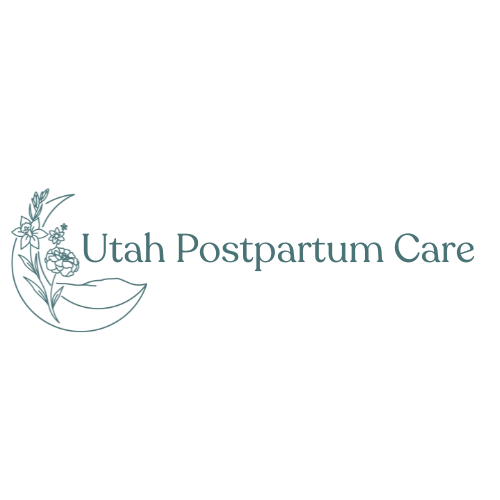What is the Fourth Trimester? What to Expect After Your Baby’s Birth
What is the Fourth Trimester? What to Expect After Your Baby’s Birth

When you’re pregnant, you learn all about the three trimesters. What some people are surprised to learn is that there is also a ‘fourth' trimester, and it’s just as important as the first three. Let’s talk about what the fourth trimester is all about and why it’s so important.
What Exactly Is the Fourth Trimester?
The fourth trimester is the first twelve weeks after your baby is born. It’s called the fourth trimester because it’s a continuation of pregnancy—a time when both your body and your baby are adjusting to a new way of life. It’s the transition from pregnancy and parenthood, where you and your baby are learning to live and thrive together.
This is a time when you begin to heal from childbirth. Your body is still changing, your hormones are fluctuating, and you’re probably missing out on a lot of sleep. On top of all that, you’re learning all about your new baby who relies on you for all their care.
At the same time, your baby, who spent nine months growing in the comfort of your womb, is adjusting to the outside world. They’re experiencing new sights, smells, and noises all the time. They’re learning to navigate this unfamiliar world while seeking the comfort they felt before birth.
What to Expect in the Fourth Trimester
1. Recovery After Giving Birth
A big part of the fourth trimester is about recovery. Your body needs time to heal from childbirth, whether you had a vaginal delivery or a c-section. This can include pain management, dealing with postpartum bleeding, and the start of milk production. It’s so important to take care of yourself during recovery by resting when you’re able, eating nourishing foods that also help with milk supply, and staying hydrated.
But recovery isn’t just physical. The fourth trimester can also be an emotional rollercoaster. Hormonal changes, exhaustion, and your new responsibilities make you feel anxious at times and excited at other times. This is normal and doesn’t mean you’re doing anything wrong. Acknowledge these feelings and seek support if you need it. Don’t be afraid to talk to your partner, a friend, or a healthcare provider.
2. Bonding With Your Baby
The fourth trimester is the first chance you get to bond with your baby. You’re learning to recognize their cues and getting to know their personality. Skin-to-skin contact, breastfeeding, and simply talking to your baby helps strengthen your connection. This time is crucial for laying the foundation for your baby’s emotional and social development.
3. Learning Your Baby’s Cues
While life would be much easier if babies could say exactly what they needed, they have to rely on other forms of communication. During the fourth trimester, you’re learning the difference between their cries, facial expressions, and body language. Recognizing these cues takes time, and that’s okay. You and your baby are both learning.
You’re learning the difference between a hungry cry and a tired cry and figuring out the best way to soothe them. Soon, you’ll be the expert in understanding your baby and meeting their needs. You’ll learn more about your baby every day, helping you gain confidence and making your routines go more smoothly.
The Importance of Support
No one should go through the fourth trimester alone. This is the time to lean on your support system—your partner, family, friends, and professionals. Don’t be afraid to ask for exactly what you need. More than likely, they’re eager to jump in and help. Consider coming up with a support plan before your baby arrives to make it easier for everyone.
A postpartum doula is a great addition to your support system. They can provide practical and emotional support, help with infant care, and offer guidance on everything from breastfeeding to soothing techniques. Along with that, they can also help with household tasks like cooking, laundry, and tidying up. Doulas want to help you thrive and grow more confident as a parent.
FAQ
What are the signs of postpartum depression during the fourth trimester?
Signs include persistent sadness, anxiety, irritability, changes in appetite, and difficulty bonding with your baby. If you’re experiencing any of these symptoms, it’s important to seek help from a healthcare provider.
Should I be worried if I don’t feel an instant connection with my baby?
No, it doesn’t always happen right away. Bonding can take time. Give yourself grace. Focus on spending time with your baby and caring for them, and the bond will grow naturally. If this is truly a concern for you, don’t be afraid to talk to your healthcare provider or a counselor about it.
We know the fourth trimester can be a challenging time, and we’re here to support you every step of the way. Our postpartum doulas are ready to help you transition smoothly into parenthood. Reach out to learn more about our postpartum doula services and how we can support you during the fourth trimester.









